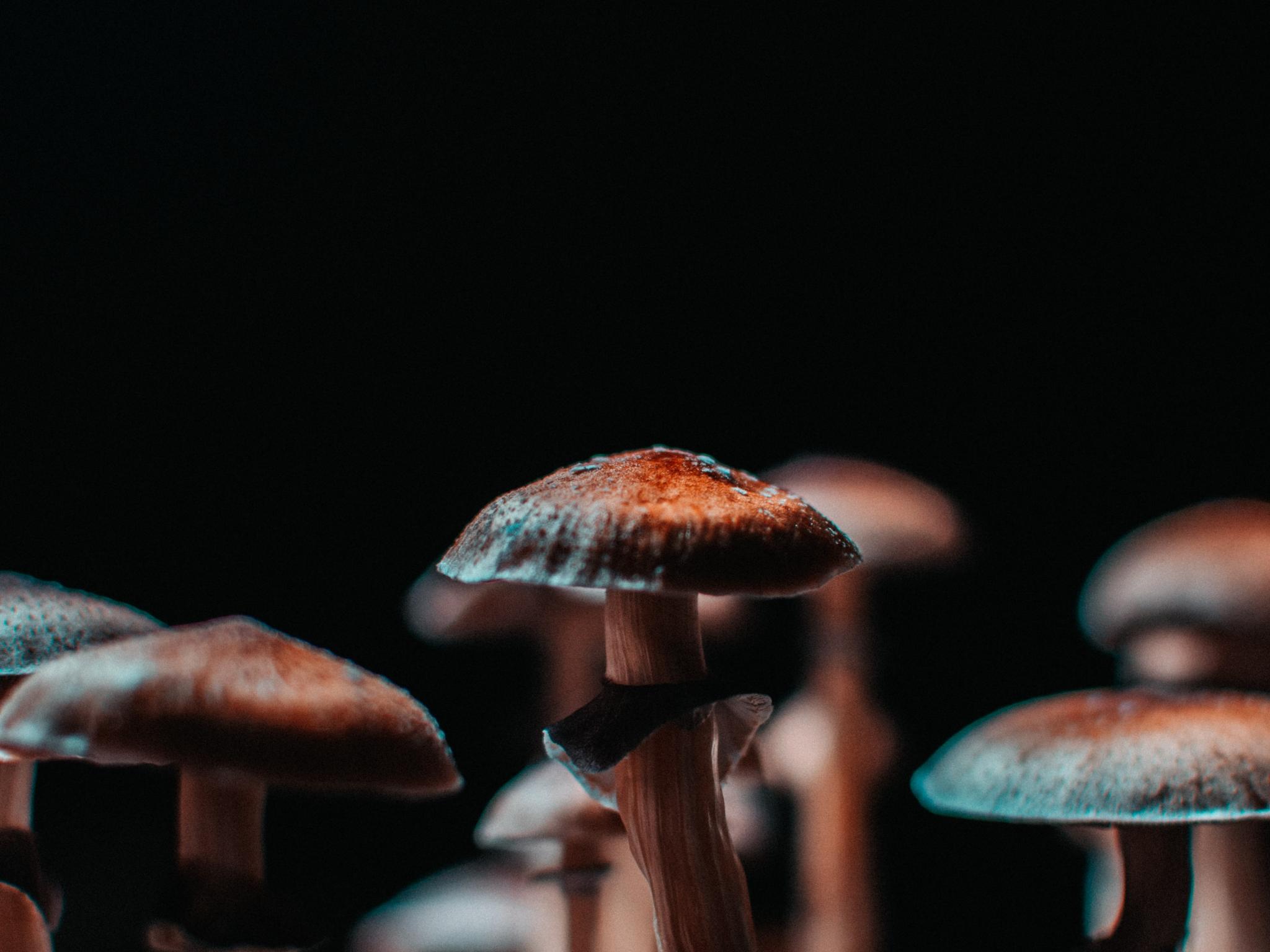
This article was originally published on Psychedelic Spotlight and appears here with permission.
A year after a Johns Hopkins psilocybin-assisted therapy study, researchers find even more stunning results, showing the power of two doses.
While there have been many studies showing that psilocybin-assisted therapy effectively relieves depression, for how long the relief lasts has been an open question.
For example, in 2020, Johns Hopkins University published a study of 24 individuals with depression who received 2 psilocybin-assisted therapy sessions. After 4 weeks, 71% of patients saw their depression symptoms decrease by 50% or more, and 54% of patients were considered in remission, meaning their symptoms were not severe enough for a diagnosis of Major Depressive Disorder.
At the time, there was jubilation, as this was four times more effective than current anti-depression treatments on the market. But in order for psilocybin therapy to be a realistic treatment, the effects would have to last longer. After all, it would not be reasonable to expect someone to undergo two psilocybin treatments per month, not to mention the fact that it would be insanely expensive.
But now, Johns Hopkins has published a one year follow up to the same study, and the results are stunning. A full year after receiving two doses of psilocybin, the number of people who benefited from the experience actually increased!
A full 78% of participants saw their depressive symptoms decrease by 50% or more, and 58% were in remission.
According to Rolland Griffiths, a lead investigator in the study, “Compared to standard antidepressants, which must be taken for long stretches of time, psilocybin has the potential to enduringly relieve the symptoms of depression with one or two treatments.”
Now, the question becomes, is the benefit limited to one year? Or, could they last longer, perhaps even for a lifetime?
We look forward to seeing further research into this question.








